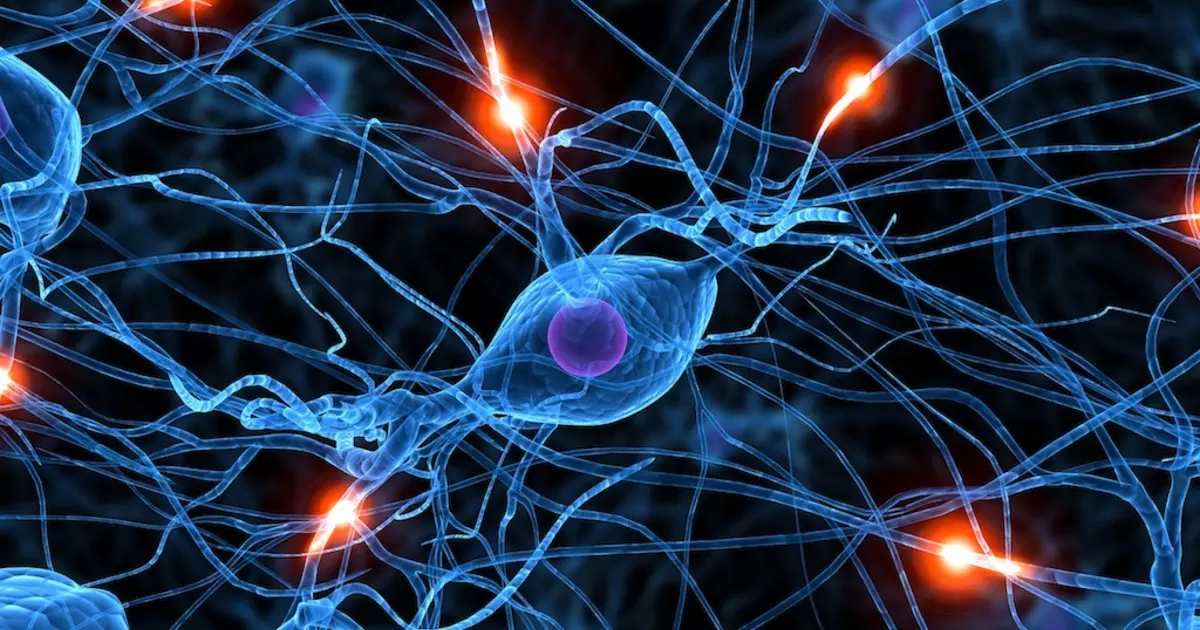What Causes A Mental Disorder To Develop?
Mental disorders are conditions that affect the mind and, subsequently, your thoughts, feelings, mood, and behavior. These can take effect in a variety of manners, and they may be persistent throughout your entire life or occasional. Having a mental disorder is not uncommon, and it is becoming increasingly easier to treat psychiatric disorders so they do not affect your day-to-day activities. That said, mental disorders should be taken as seriously as physical disorders. As such, it is necessary to seek out professional medical help if you suspect you or someone you care about has a mental disorder. Several components of an individual can factor into whether or not they develop a mental disorder.
Inherited Genetics

Inherited genetics play a critical part of your development as a person in general. Many physical features, as well as certain health conditions, can be inherited from parents or grandparents. Cancer, for instance, is something commonly passed down through genetics, and individuals often opt for cancer screenings whenever possible to ensure they have not inherited their family's likelihood for cancer. Much like in the instance of cancer, particular mental disorders can be passed down through genes. While genetics are not a singular component, that is, they are frequently not the only reason a mental disorder develops, in determining a person's mental health, they do have a significant role.
Brain Chemistry

It can be difficult for people to wrap their heads around the fact mental disorders can be a result of the brain's chemistry. It is because of this that so many individuals misunderstand the use of medicine to treat mental disorders. However, mental disorders, like any physical disorder, can be helped by medicine. In the same way you may want to have medical treatment to treat the flu or to ease a headache, you can also use medicine to change your brain chemistry and overcome mental illness. An imbalance of the brain's chemistry can lead to many different kinds of mental disorders, including depression. While chemistry, like genetics, is typically not the sole source of mental disorder in a patient, it can be one of the largest contributors.
